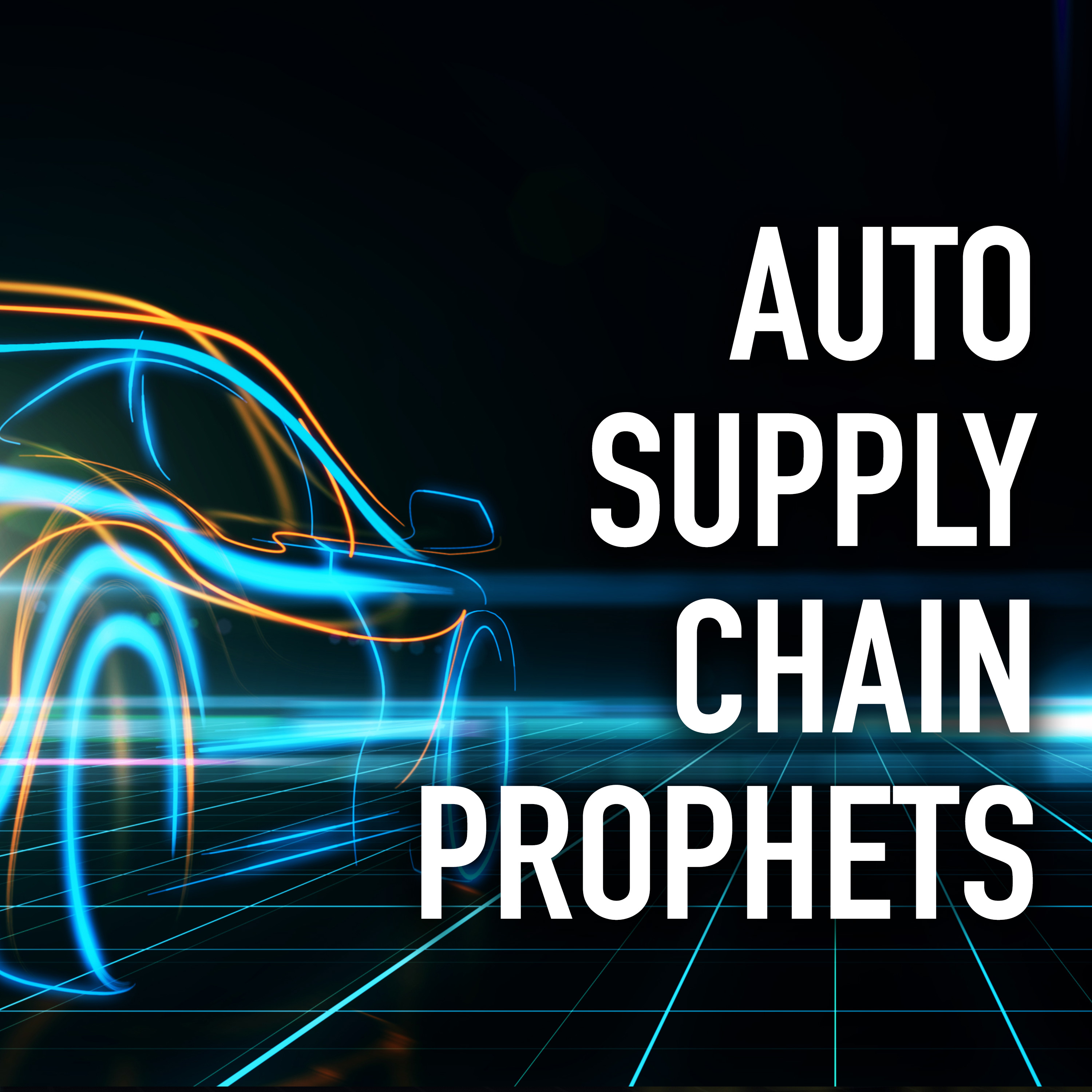Listen "Inside the Tariff Crisis: What Supply Chain Leaders Need to Do Now"
Episode Synopsis
At the heart of The Prophets’ vision are “The 24 Essential Supply Chain Processes.” What are they? Find out, and see the future yourself. Click here Tariffs are back—and this time, it’s chaos. In this episode, Ambrose Conroy walks us through what’s happening in Washington as of April 28th, where policy shifts are fast and unpredictable. With talk of embargoes and “Global Tariff Day,” the administration is pushing to bring manufacturing back to the U.S., even if it means higher costs and economic disruption.Free trade is done. A 10–15% global base tariff is likely. The U.S. is leaning hard into mercantilism, aiming to favor domestic production. However, with so many moving parts and unclear rules, companies are frozen. All eyes are on May 3rd—when decisions could drop that change everything overnight.For supply chain leaders, the old low-cost country strategy is falling apart. China is expensive and complicated. Tariffs make Mexico uncertain. Other regions come with their own risks. The only reliable answer? Make it in America. But that brings a new set of problems.To support the shift, the administration plans to add one million new manufacturing apprentices annually. If it happens, it could help—but it’s not here yet. In the meantime, companies have to be strategic. That means filling up U.S. plants, identifying where capacity exists, and moving production where it makes sense.Financial risk is rising fast. With one in five suppliers predicted to face distress, Ambrose urges leaders to look closely at warning signs—and to start real conversations. The solution is clear: Set up a trade and tariff war room, staff it with your best people, and build real-time models to stay ahead of disruption.The companies that survive this won’t be the ones cutting costs. They’ll be the ones investing—in people, systems, and long-term strategy. Ambrose makes the contrast clear: best-in-class companies are staying ahead, while poor performers are cutting themselves into a corner.If the industry wants to rebuild, it has to change how it operates. That means better communication between OEMs and suppliers, a shared commitment to stability, and a willingness to collaborate in ways the industry hasn’t seen in decades.Because in the end, it’s simple: you can’t build cars without parts. And you can’t solve this alone.Themes discussed in this episode:The unpredictability and chaos of today’s global tariff landscapeThe financial collapse looming over suppliers that fail to adapt to new trade rulesThe shift from global trade to modern-day mercantilism in U.S. policyWhy best-in-class companies invest in people, process, and continuous upgradesThe push to rebuild U.S. manufacturing with apprenticeships and skilled laborWhy building a trade and tariff war room is now mission-criticalThe urgent need for cross-functional collaboration to survive tariff-driven disruptionFeatured on this episode: Name: Ambrose ConroyTitle: Founder and CEO of Seraph ConsultingAbout: Ambrose is the Founder and CEO of Seraph Consulting. He founded Seraph to solve complex, bet-the-business problems for clients and to be the go-to partner for driving operational excellence. Before founding Seraph, Ambrose served as Vice President of Supply Chain Solutions at NAI Global and led the West Coast Global Business Transformation Group at PA Consulting, where he specialized in due diligence, crisis management, and strategic transformation. He began his career as a consultant at CSC.Connect:
 ZARZA We are Zarza, the prestigious firm behind major projects in information technology.
ZARZA We are Zarza, the prestigious firm behind major projects in information technology.
